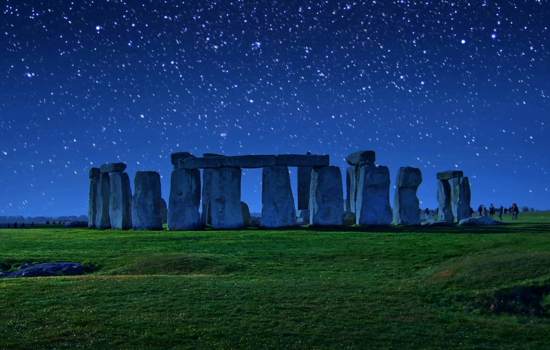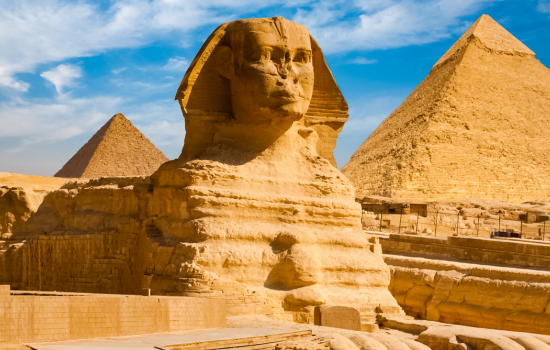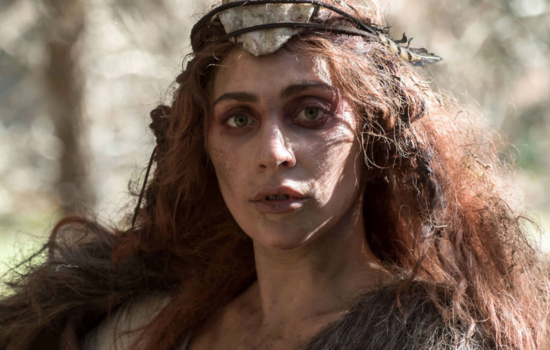Adverts
Have you ever wondered about the exact moment your life will come to an end, that you will die?
Adverts
It is a question that arouses curiosity and even a little anxiety in many people.
After all, death is one of the most intriguing mysteries of human existence.
Adverts
But what if I told you that now, thanks to technology, it is possible to have a rough estimate of when you will die?
Yes, that's right! There are apps available that promise to provide this information, generating a mixture of fascination and disbelief.
O Countdown App is one of those applications that has been causing a stir in online stores.
Available for download at Google Play, it aims to calculate the remaining lifespan of its users based on several factors, such as age, lifestyle habits, medical history and even genetics.
It's like having a watch that ticks down the seconds until your last breath.
It sounds scary, doesn't it? But some people see it as an opportunity to reflect on their choices and priorities in life.
When you open the app, you are asked to enter information about your age, gender, weight, height, and health habits.
Based on this information, the Countdown App uses complex algorithms to calculate an estimate of how much time you have left.
It is important to emphasize that these calculations are only estimates and should not be taken as an absolute truth.
After all, life is unpredictable and subject to countless variables that no app can accurately predict.
On the other hand, some argue that playing with the idea of one's own death can be therapeutically useful.
By playfully confronting our mortality, we can develop a greater appreciation for life and a sense of urgency to make the most of the time we have left.
Additionally, apps like the Countdown App can serve as daily reminders that life is finite and we should cherish it while we’re here.
However, it is important to use these applications with caution and discernment.
Obsession with one’s own mortality can lead to anxiety and paranoia, damaging our mental health and quality of life. Therefore, it is essential to maintain a healthy balance between pondering the finiteness of life and living each moment fully.
Another application that has gained popularity is Death Clock, available for both Android and iOS devices.
This application follows the same proposal as the Countdown App, providing an estimate of the user's remaining lifespan based on several parameters.
By entering your personal information, Death Clock calculates an approximate date for your death and displays a countdown timer, constantly reminding you of the passage of time.
It is important to emphasize that these applications do not have a solid scientific basis and should be seen more as a joke than as an accurate prediction of the future.
After all, medicine is still not able to accurately predict when a person will die.
Life is a mystery that remains beyond the reach of science.
However, the popularity of these apps reveals a lot about the contemporary relationship with death and technology.
We live in an era where we are constantly surrounded by digital devices that connect us to the world and offer us a wealth of information.
In this context, the idea of using technology to speculate about our own mortality might seem like just another natural step.
Conclusion
But ultimately, true wisdom lies in embracing life's uncertainty and living each day as if it were your last, without getting caught up in countdowns or uncertain estimates.
After all, the true value of life lies in the experiences we live, the relationships we cultivate and the legacy we leave behind.
So, instead of worrying about the time we have left, let's enjoy the present and make it the best chapter in our history.
After all, we only have one life, and we need to live it in the best way possible, regardless of the time we have been given, and knowing when we will die.




